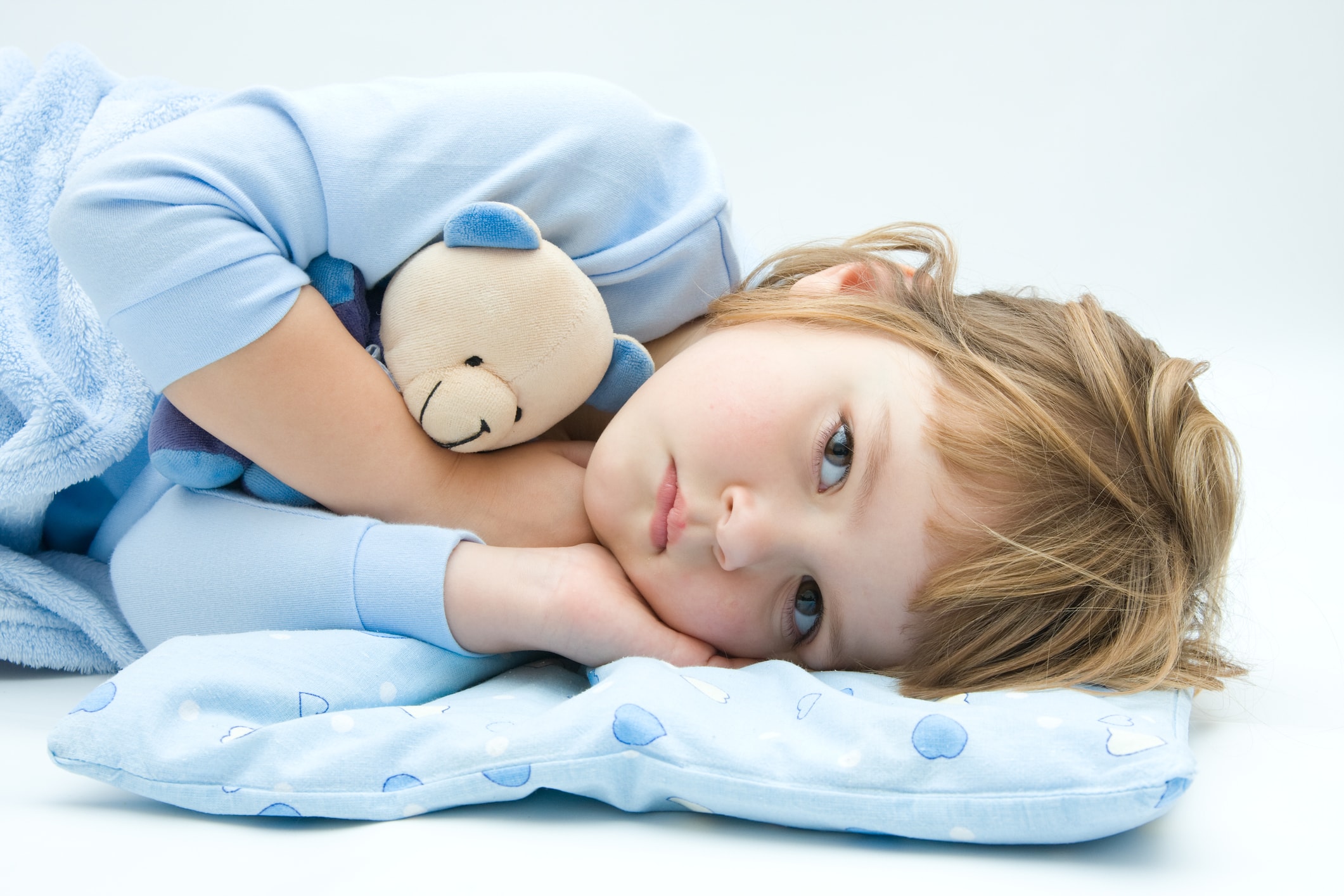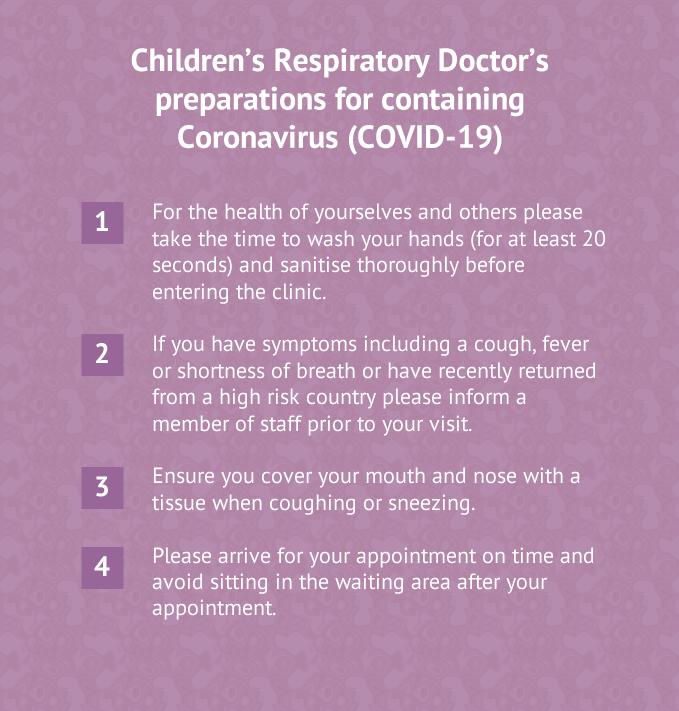Sleep problems can have a big impact on children’s physical health, educational attainments and emotional wellbeing. As we grow more aware of the importance of sleep, we also seem to be seeing more cases of sleep disorders at young ages. Why might more children be experiencing sleep problems now?

How Common Are Sleep Problems in Children?
Approximately 1 in 2 children will experience sleep problems at some point. Many of us will also have issues such as insomnia as adults. Although it is hard to know how common these issues were in the past, some types of sleep disorder such as sleep apnoea do appear to be more common now.
Various aspects of our modern lives are suspected of having a negative effect on sleep. All of us can be affected by these factors, including our children. However, there are steps you can take to protect your children and help them to get a better quality of sleep.
How Modern Life Can Cause Sleep Problems?
Many different factors have been blamed for the possible rise in sleep problems in children, including the following examples.
- Brighter nights: summer evenings have always been light, but artificial light has made it even harder to sleep well. Outdoor lights such as streetlamps and indoor light (including the small lights on appliances such as computers or alarm clocks) can all disrupt our sleep. Creating a dark sleeping environment is one of the best ways to prevent sleep problems in children.
- Screentime: using smartphones, computers or other screens before bedtime is a common part of modern life, but it can be very bad for our sleep. The blue light emitted by these screens is very similar to the blue light of a bright sky. It can therefore trick our brains into thinking the time is earlier than it is. Blur light wakes our brains up, so it is best to avoid it for at least an hour before bedtime in order to prepare for sleep.
- Obesity: growing numbers of children are now overweight, which can contribute to certain kinds of sleep problems. Sleep apnoea is becoming more common at younger ages because excess weight can place pressure on the airways at night. Losing weight can help to relieve the symptoms of sleep apnoea and keep your child healthy.
- Stress: children can be under a lot of pressure at school, through busy extracurricular activities, or due to constant interactions with peers online. All of this can make it much harder to relax and get to sleep. Ensuring that your child has time to relax and listening to them if they have any worries (however big or small they may be) can help. Techniques such as mindfulness can also help children to manage their stress.
Clearly there are many aspects of modern life that could be responsible for sleep disorders in children. However, there are simple ways to avoid these risk factors so that your child can enjoy all the benefits of modern life while still sleeping well.



